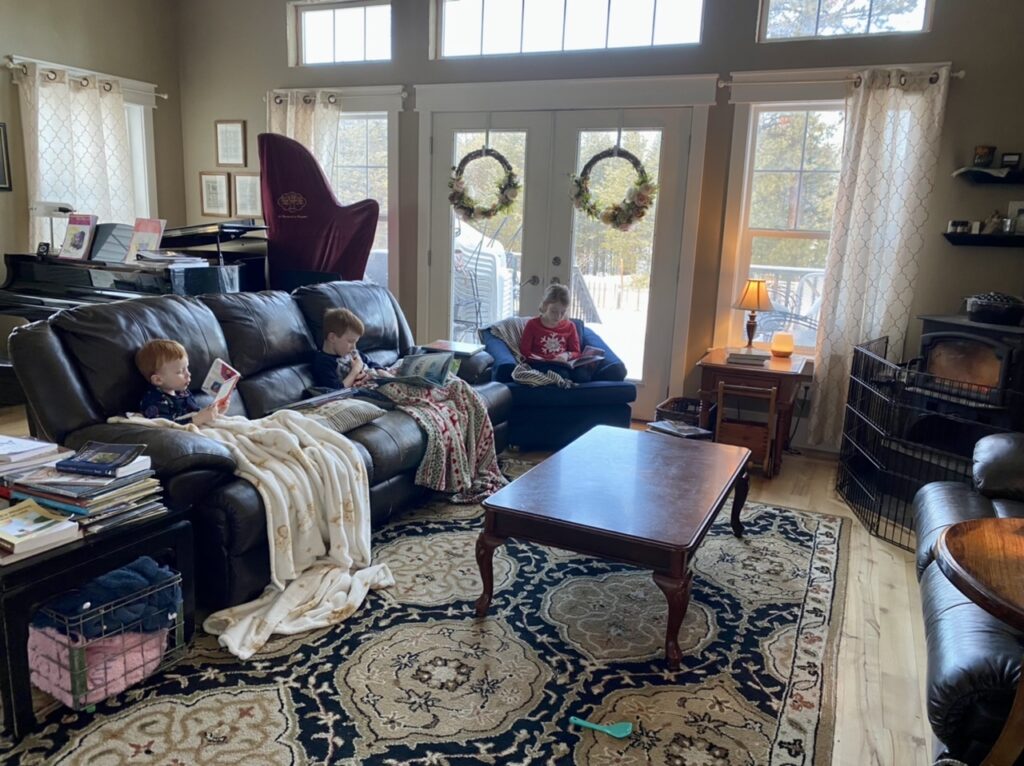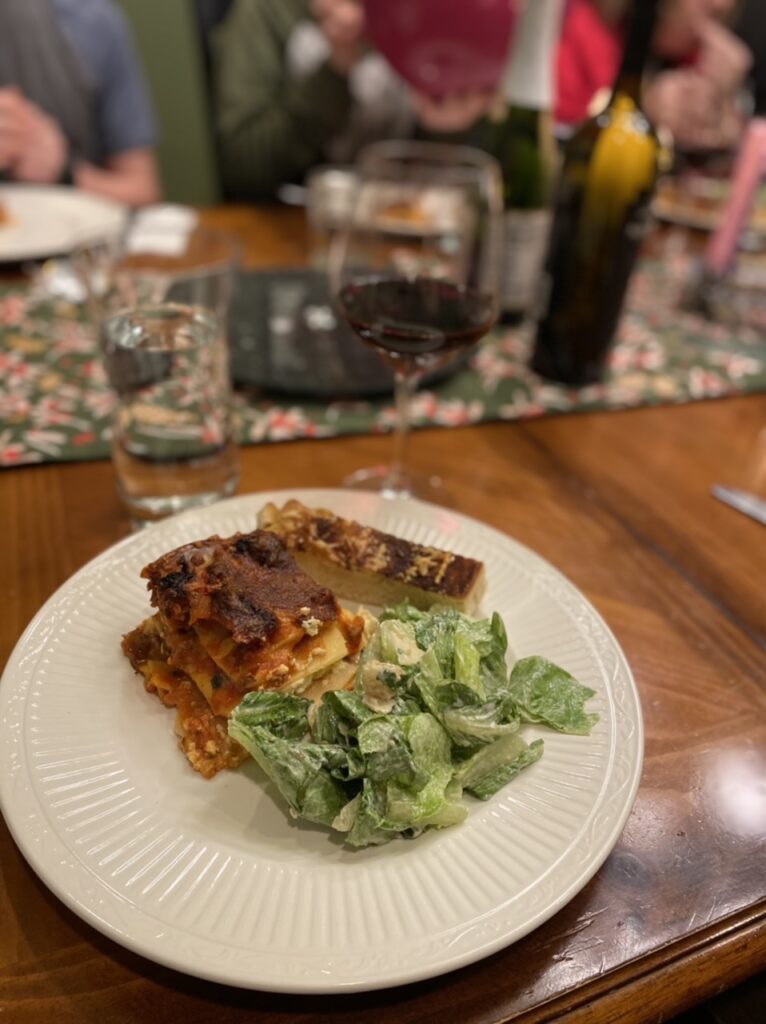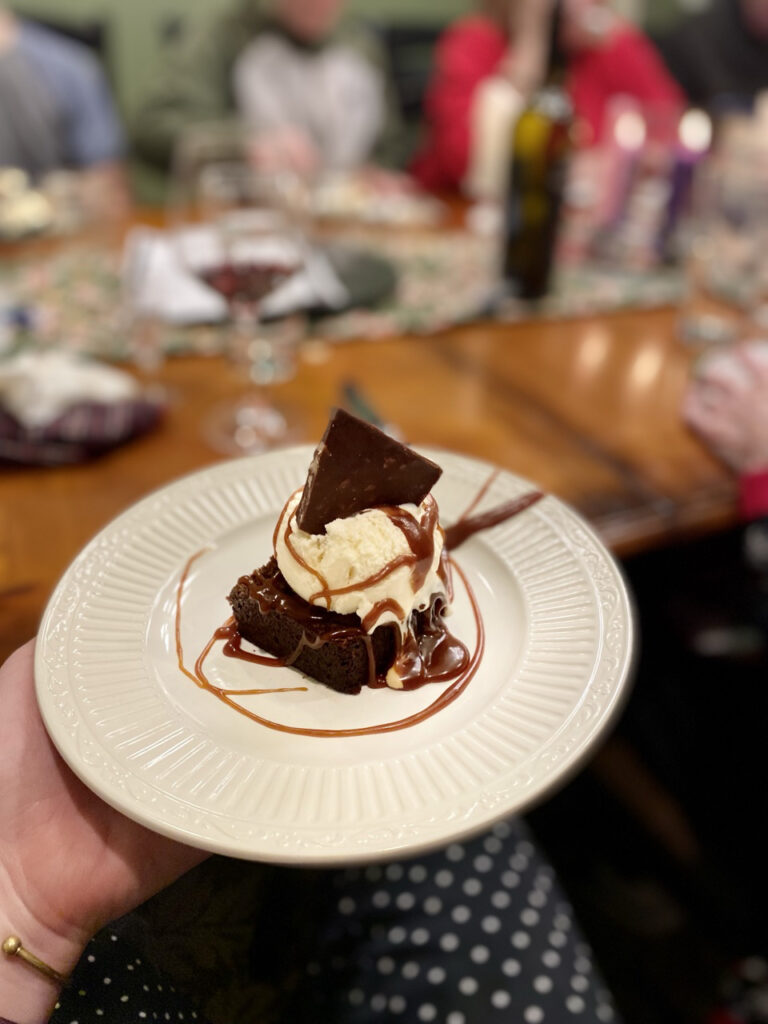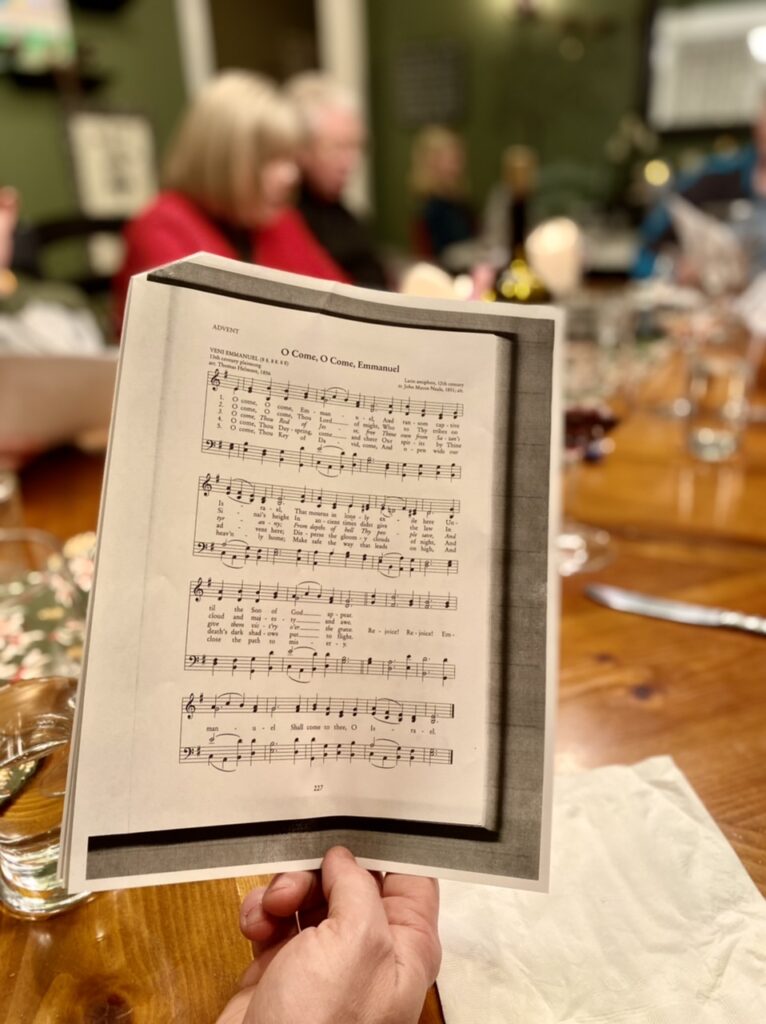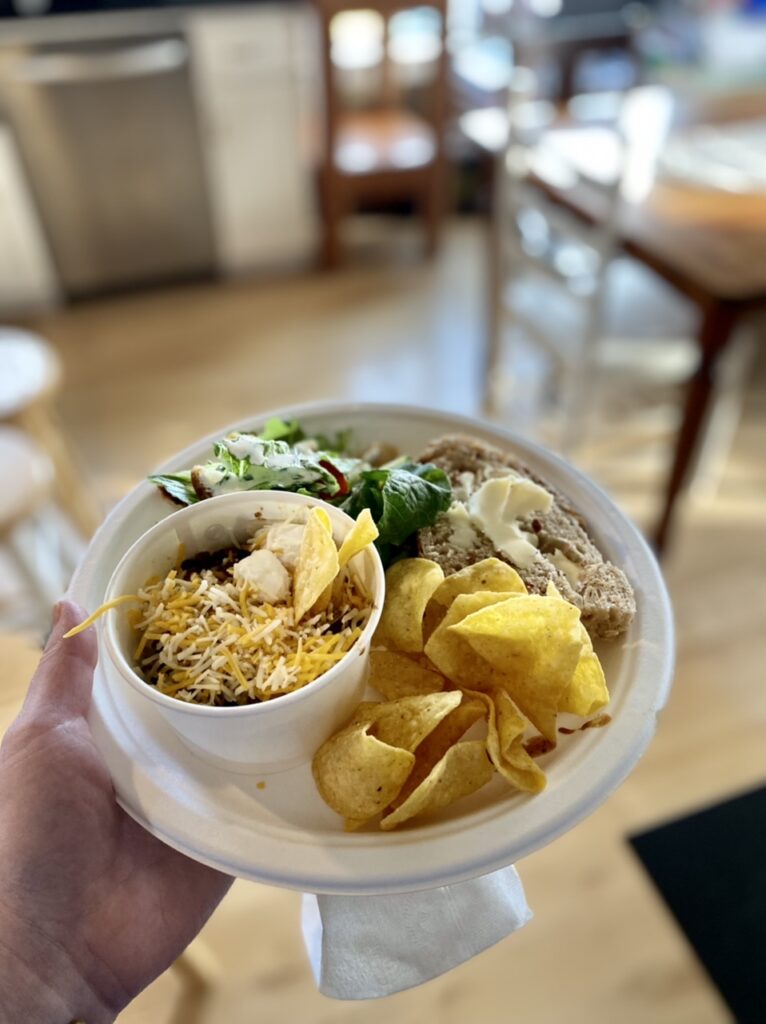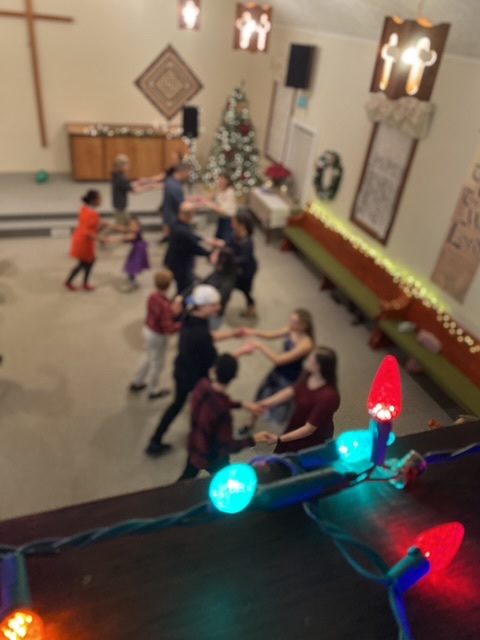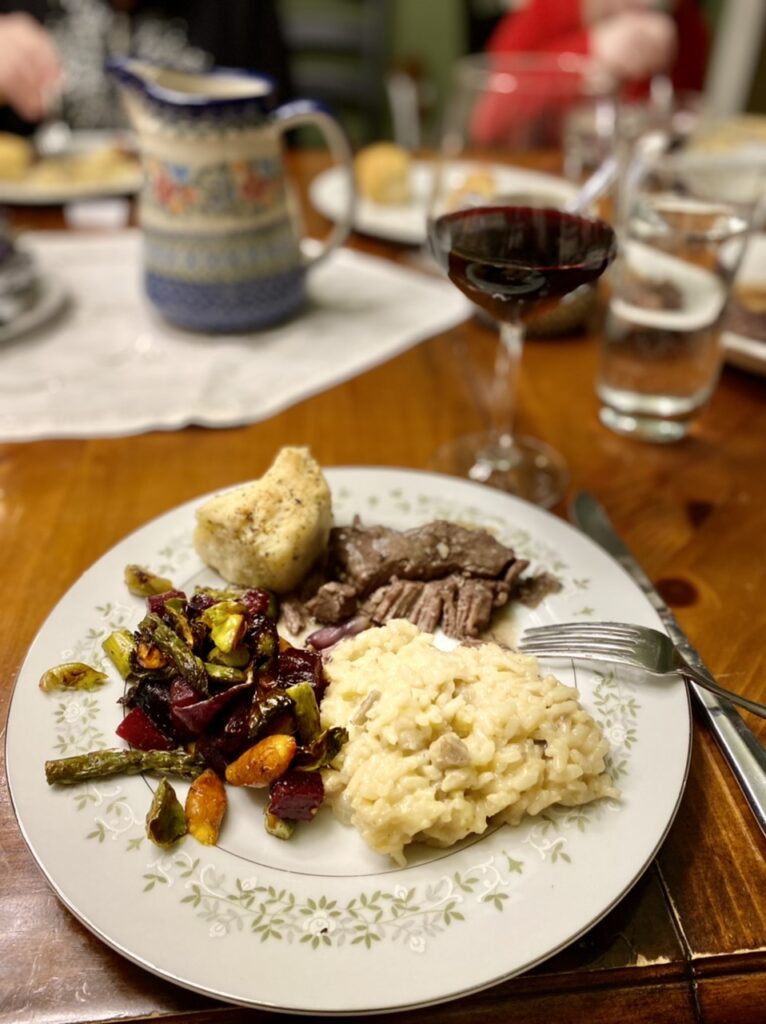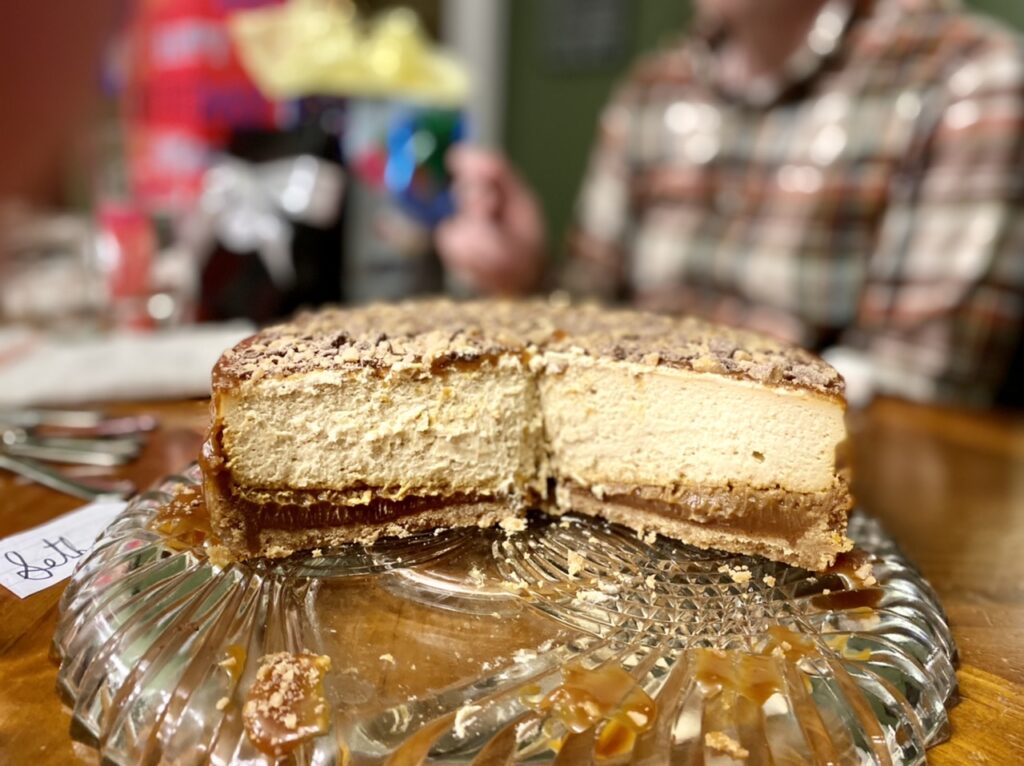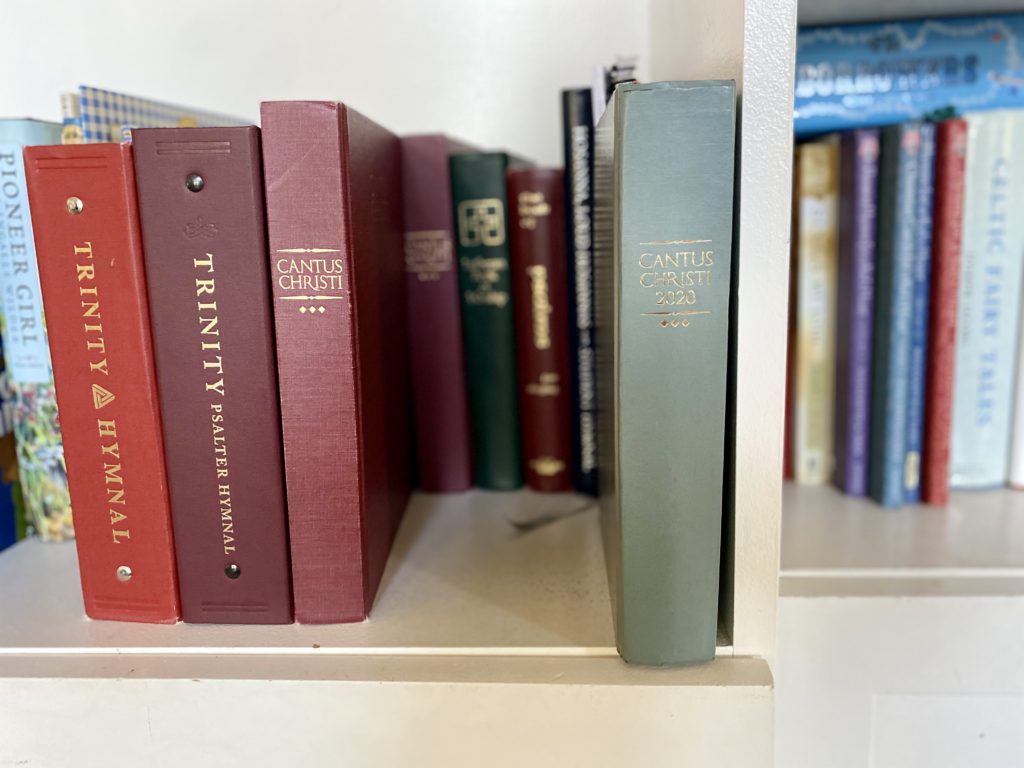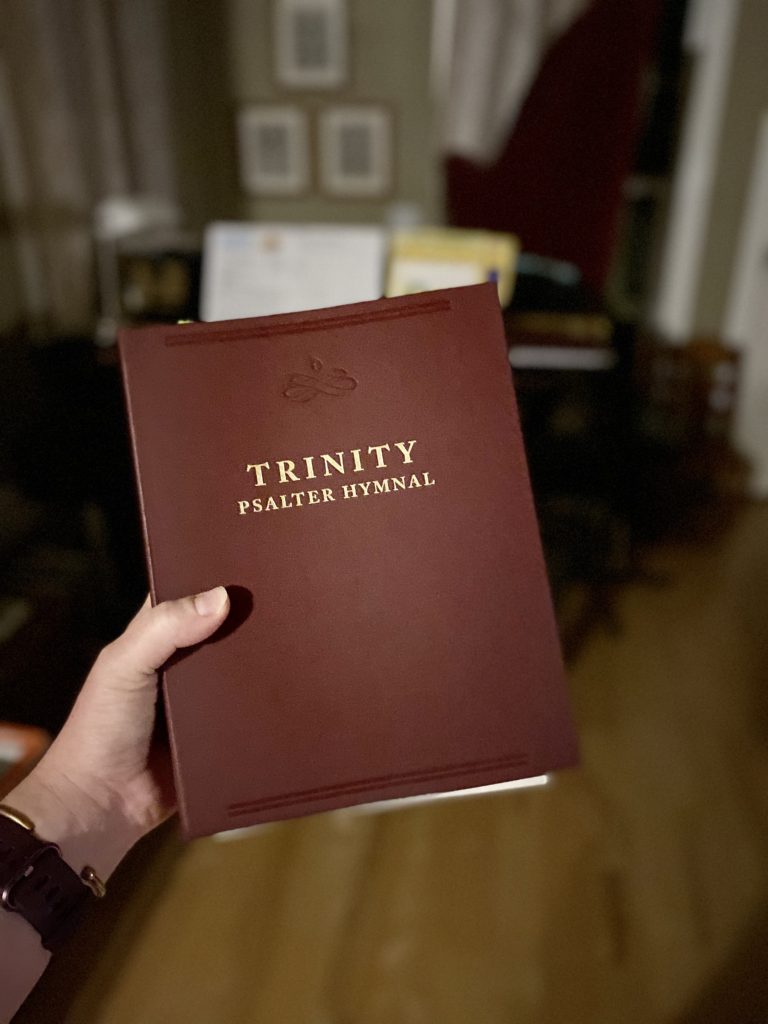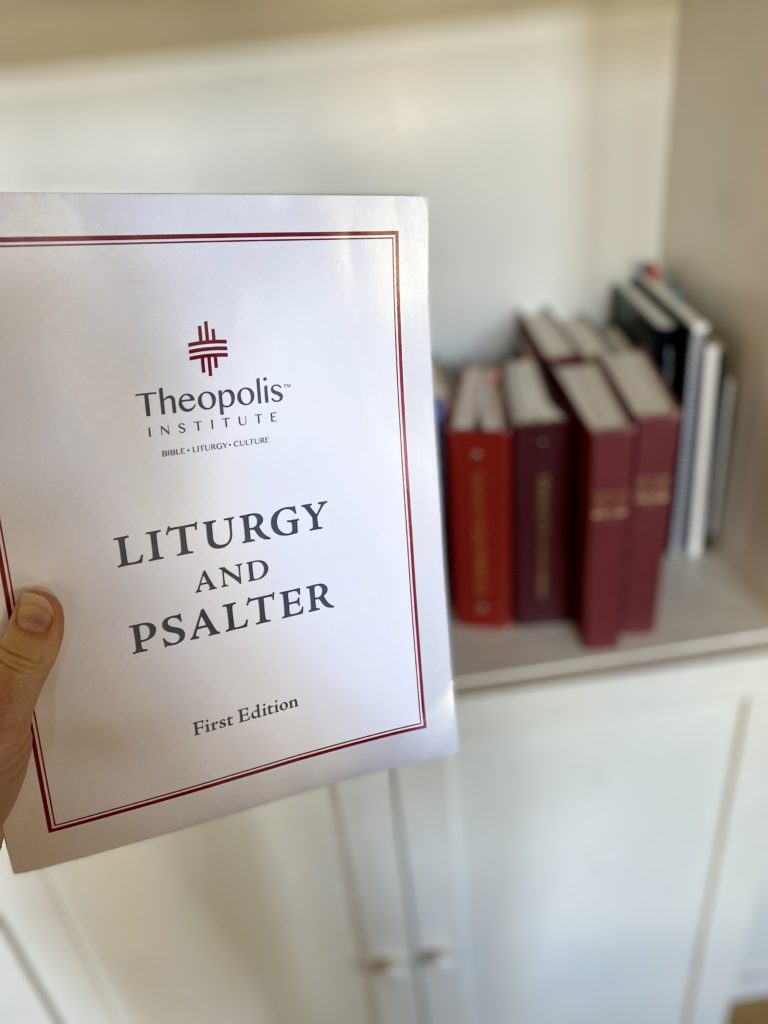To wrap up this conversation about community creation and cultivation, I want to back up from the hands-on how-to aspects, and revisit the philosophical, theological underpinning of it all. I mentioned before that as image-bearers of the Triune God, we were created for community. Did we really cover what that means, though? What does community mean? Adam needed a helper, so God provided Eve. Does that mean they only needed one another? God told them to multiply and to fill the earth. Does that mean that they just needed to procreate and then send their children off to all the far corners of the globe? (Can I just giggle at that idiom, too, please? Corners of a globe? We know the earth isn’t flat and doesn’t have corners, y’all…)
I mentioned concentric circles moving out from immediate family to extended family to close brethren/friends to more formal communities like a church family or school or co op affiliation and then the community in which you live… but there are other communities too. What about a place of employment? How about a particular ministry at your church? And then there are kids’ sports teams and orchestra connections and… and… and!
I mentioned the fact that I did not actually seek out being the community builder for a conference or a co op — and yet, here I am! I told the stories of how God opened my eyes to the need, gave my heart a desire, and then ended up tossing it into my own lap when I least expected it, and called me to be the one who orchestrates it.
How do all of these things coexist and coincide together? How did I know that I was supposed to say YES to those things? I certainly can’t say yes to everything! (Just ask my husband: he is good at reminding me that I can not add more good things to my plate simply because they are good things.)
What is actually required of you? You as an individual. With a particular set of giftings, a particular frame, a particular family, a particular life. What does God require of you? Check out Micah 6:8 for the most amazingly basic yet broad answer to that question. And then read Romans 12, which describes marks of a Christian in a bit more detail which can really get the creative juices flowing. And one of those things we are exhorted by Paul to do is to practice hospitality. In Hebrews 13, we also find a list of virtues and pursuits which are encouraged for followers of Christ – and you’ll find hospitality listed there as well. So this begs the question: what is hospitality? (And how is hospitality connected to the idea of community building like a conference or co op?)
To be honest, I don’t like the official dictionary definitions for the word hospitality. Words like “providing services” and also “entertainment” pop up, and I think that is only one very small, niche aspect of hospitality. In Hebrews, the word hospitality means to actually “pursue the love of strangers.” Additionally, I have heard some people say that hospitality is just a fancy way of saying “welcome others.”
So as Christians, we are called to welcome others. We are called to pursue the love of strangers. We are called to contribute to the needs of others (Romans 12:13) and consider their interests as more important than our own (Philippians 2:3-4).
But just because there is a need doesn’t mean that you are automatically the one who is called to meet it. I am not going to take the time to unpack that or defend it by philosophy from my underlying convictions. But I would be remiss if I did not at least make that statement. Another point which I feel the need to simply mention in passing is that if you start something, it doesn’t necessarily follow that you will continue it. I went into my first year hosting the Paideia Northwest conference hoping that it would be an annual thing, but being willing for it to end up being a one-time event. I am going into the fifth annual conference with no particular desire to call it quits any time soon. But if the Lord leads me to step away, I hope to have the humility and discerning wisdom to follow Him. Either to let it go altogether or to pass it along to someone else who felt the call to carry it on next. I hope that I would have that same attitude in relation to my co op or any other place where I minister.
I show hospitality by welcoming hundreds of women each November to an event where I seek to bless their souls, encourage their hearts, and equip them to stand fast in the trench of raising children for the Lord. I show hospitality by organizing a weekly homeschool co op and its attendant planning meetings, and facilitating all the communication that is necessary for that to run smoothly. I show hospitality by opening my home every Sunday during Advent to multiple families. I show hospitality by having an open door policy for anyone who needs to swing by for fellowship, a play date, babysitting — while I have not often had people take me up on that open door policy, I am committed to keeping my life flexible enough that I can serve others through my home whenever it is needed. I show hospitality by willingly opening my home to two dozen employees of my husband — I am genuinely eager to welcome them to our home, as a small act of gratitude and care for the work they pursue alongside us day by day each year. I show hospitality by having a small, dedicated guest room in our house that always has a bed made in case somebody requires a place to crash — and a particular nuance of that hospitality is that my husband’s parents know that they always have first dibs on it.
And each of those examples of hospitality could be reworded to show that they are different ways that I cultivate community. These are the things that the Lord has impressed upon me, and my family, as the important places to prioritize hospitality. If you have not read Rosaria Butterfield’s book The Gospel Comes with a Housekey, I do recommend it — but with a reminder: not every family practices hospitality or community building in the same way. I have very much in common with the Butterfields’ philosophy and theology on the topic, but it is lived out in a vastly different way here in my home, and in my current phase of life. I feel like she and I are shoulder to shoulder with linked elbows — we don’t do the same thing, but we serve the same King with the same passion for His Kingdom, and we pursue hospitality and community according to the gifts with which He equipped us as uniquely individual women as well as within the means He has provided (location, phase of life, finances). At any rate, here is a great article Rosaria wrote that will be a great intro or recap for you. Read it with these questions in mind:
- What do I see here that I find winsome?
- What are the underlying principles that make this look beneficial?
- How could I glean wisdom or practical tips from this?
- How could I apply these tips to my own opportunities for serving?
- What needs do I see around me, and how am I equipped to meet them?
And then ponder what the Lord might want you to do with the answers. Are you feeling the need to start a large but infrequent community, like I did with the Paideia Northwest conference? Do you see a local need for something like a weekly homeschool co op? What about a monthly women’s book club or Bible study? A quarterly dance or soccer playoffs or neighborhood food drive?
There are all kinds of ways to expand your hospitality practices and build community. But you can not pursue them all. That is a recipe for burnout. Once people recognize you as someone who loves to show hospitality or who is gifted at creating or cultivating a specific community… you may find that more and more people ask you to do more and more things. We need wisdom. Discernment. Boundaries. People like me need to learn how to say no, or how to offer advice rather than taking reins.
In conclusion, this is my personal story. These are the areas where I have felt the call of the Lord to take up a cross and follow Him. To gird up my loins and build my strength for particular tasks. I bring my family along in it with me. I’m iterating as well as learning to delegate. I seek to pursue leadership within the bounds of a joyful humility. And I will probably always want to say yes more often than I should… so my husband will probably always need to be hedging me and shepherding me in these things.
My encouragement to you is this: when you feel the call of the Lord, seek Him first and follow where He leads. Give something a try. Large or small or medium. Occasionally or frequently or annually. If each of us were to follow His call to pursue hospitality more regularly, wouldn’t that be a joy? If there were more opportunities to embrace Christian community, wouldn’t that be a blessing?
Romans 12:4-6
For as in one body we have many members, and the members do not all have the same function, so we, though many, are one body in Christ, and individually members one or another. Having gifts that differ according to the grace given to us, let us use them…


